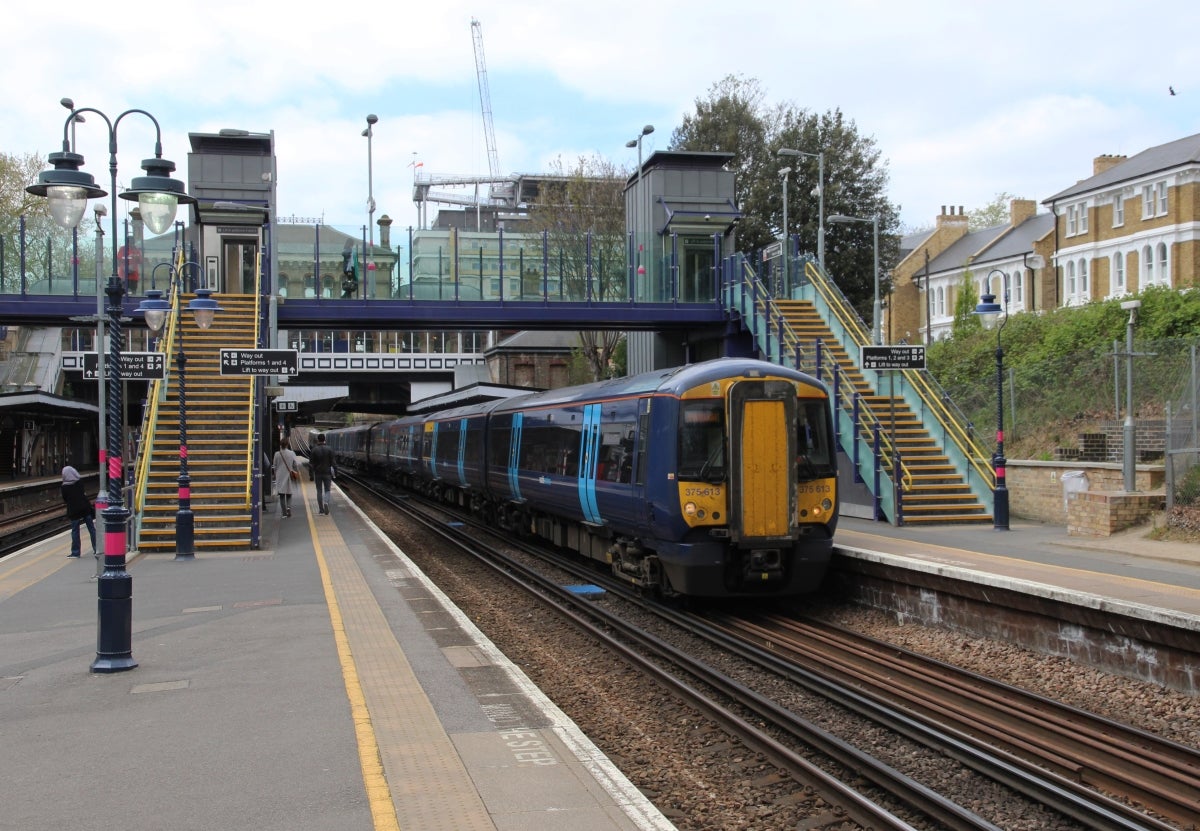
Several UK rail companies are concerned about the industry’s growth in 2020, a survey conducted by polling company ComRes on behalf of the Railway Industry Association (RIA) has revealed.
Of the 174 British businesses it surveyed earlier this summer, RIA said about 53% believe the industry will stagnate in the coming year, while 28% expects it to contract.
The survey further showed that 39% of respondents believes their businesses have low chances to grow, with 18% fearing their companies are at risk of being downsized.
The report comes on the eve of RIA’s upcoming two-day conference titled ‘Building customer-focused rail, at home and abroad’.
The event will bring together industry experts and business leaders to discuss a range of topics, including the impact of UK politics and Brexit on rail, as well as how companies can maximise customer satisfaction and improve diversity in their firms.
Commenting on the report, RIA chief executive Darren Caplan said that the lack of confidence among industry leaders that emerged from the survey is “clearly a concern for the Railway Industry Association and its members”.
He added that the industry is currently facing numerous challenges, including “a lack of visibility and consistency in upcoming rail work, delayed decision-making on major projects like HS2, Trans Pennine Route Upgrade and Crossrail 2, the major industry restructures with the Williams Rail Review and Network Rail’s reorganisation”.
Caplan further commented that Brexit uncertainty is another factor causing the industry’s sceptical expectations of growth.
As Britain prepares for a general election on 12 December, Caplan said the rail industry will have to be a key priority for the newly elected government.
“[The new government] will need to work with Network Rail to immediately accelerate rail works in the new funding cycle CP6, where many members have experienced a slow start, commit to smoothing boom and bust in rail funding longer-term,” said Caplan.
With a large number of projects pending completion, the new Prime Minister will also have to “commit to a rolling programme of enhancements schemes, including electrification, support innovation to decarbonise and digitalise the railway, and work to promote rail in exports around the world”.
Speaking on behalf of the British rail supply community, Caplan said that RIA will “do all it can in 2020 to support rail businesses and campaign for a bigger and better supply sector next year, so that together we can address the concerns expressed in today’s poll”.
Echoing his words, ComRes head of infrastructure James Rentoul said: “These results show uncertainty over the future prosperity of the rail supply sector. While business leaders are more likely to be optimistic than pessimistic, less than half feel that their industry is likely to grow in the coming year.
“At this early stage in CP6, we would expect greater confidence in the prospects for the sector, suggesting that the wider context of the Williams Review, Oakervee Review and Brexit, among other factors, is impacting on expectations.”



